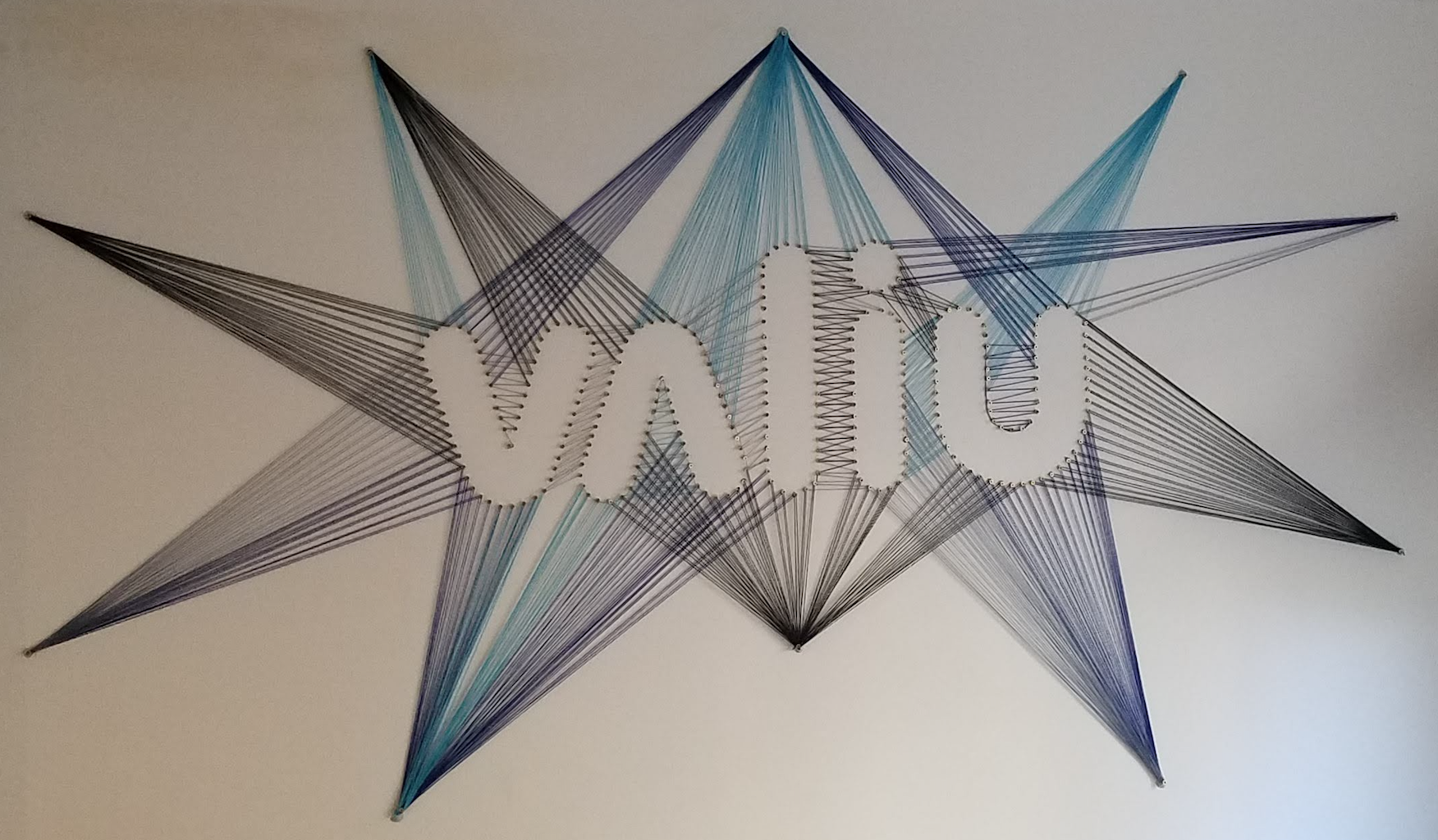“Entrepreneurs can design and instill cultures with the same intent as they do strategies”.
— Ben Horowitz, a16z
Last week we had the pleasure of visiting blockchain neo-bank Valiu at their headquarters in Bogotá, Colombia. Valiu enables its users to easily store, send and receive money anytime, anywhere and is a leader in digital cross-border payments for Latin America. Through their app, Valiu enables their customers to easily save, send and receive money with full custody and for free from anywhere in the world.
Valiu’s platform helps migrants and other underserved segments of the population to send remittances quickly and simply with confidence and at fair rates. The venture is backed by seed accelerator Y Combinator which provides funding to outstanding early-stage startups and is known for having helped launch companies such as Stripe, Airbnb, Cruise Automation, DoorDash, Coinbase, Instacart and Dropbox.
During our visit, Founder and CEO Simon Chamorro was the one who literally walked us through the actual place itself and also into the inner workings of the culture strategy at play within Valiu.
Inside Valiu’s Vault
Having worked with numerous startups in the past, Chamorro asserts that culture is critical for setting up long-term success. During his career, he got to see from up-close how disengagement/disconnection might affect retention, recruitment, workforce motivation and overall efficiency and flow within the workplace. He affirms that culture is a definitive aspect at Valiu and holds that while this issue might at first appear out of reach, shaping collective behavior at work is both a practice and strategy led from the top.
Citing Ben Horowitz, co-founder and general partner at Silicon Valley venture capital firm Andreessen Horowitz (a16z), Chamorro points out how company leaders must actively seek to understand their culture and then consciously promote it by defining specific actions that are acceptable as well as those that are not. He also affirms that there is much to be discovered in the collective behavior of individuals that happens “when nobody is watching”. How people act, is the ultimate defining factor, and actions are what set up the conditions for alignment and success.

Brand Art at Valiu’s HQ
“The idea is to always go back and think about the user first. It is about understanding your user base, their needs, expectations, and problems at each stage of the funnel”.
Instilling a User-Centric Culture
We then move into the factors that guide action and execution at Valiu, with Chamorro highlighting how technology has helped him develop culture from the top using different tech-tools for organizing and transmitting culture clearly and accurately. Using multiple software like Notion, Linear and Navigator, Chamorro has devised a funnel diagram aimed at determining action within the team, from process documentation to weekly sprints and organized meetings. It is a user-centric, problem-first dynamic centrally focused on fulfilling Valiu’s users’ requirements and needs. “The idea is to always go back and think about the user first. It is about understanding your user base, their needs, expectations, and problems at each stage of the funnel”, states the young founder. And Valiu has definitely understood the problem migrants have, especially Venezuelan migrants across LatAm to send their money to their families and loved ones in Venezuelan territory. Channeling decision-making helps autonomy to flourish and empowers employees by setting the framework for agile problem-solving at work.
Striving for encouraging action and engagement in the workplace, Valiu also implements measures for special occasions, time periods and project delivery. Being very close with the team, there are periods of “red alert” especially with upcoming deadlines, where team members are expected to be available 24/7, have a set of rules/guidelines to follow and also perks. These settings enable the nourishment of culture and a sense of belonging for employees at work set through joint sacrifice and collective effort. This shared sense of purpose and joint effort is essential for success at critical business phases and also guides the team through hard times at work.
Chamorro also points out some of the pain points his organization has had to face regarding workplace culture and work dynamics. One of the most critical challenges at Valiu was introducing stock compensation to Colombian employees. Stock ownership is not very common in Colombia and most people are not familiar with how the model works. In addition, the stock-option model in Valiu’s case implied a trade-off for employees to commit working when needed on weekends and during Colombia’s multiple holidays (festivos) which are around 18 literally “lost” days per year. Once he taught everyone about the types of shares, how equity works and gave out shares to 100% his team, Chamorro assures that it was the best thing that has happened to the team. Now everyone on the team acts like an owner bringing healthy rituals to the culture and enabling collaboration to surge.
Undoubtedly, giving employees ownership through stock was a huge differential for Valiu and is something other startups should consider implementing suggests Chamorro. “In addition to remodeling workplace dynamics, making employees owners has spurred motivation and commitment at Valiu. A real sense of belonging and community now fills the organization”, upholds the founder.
With other initiatives such as holding an off-site once a quarter for teambuilding and collectively setting and aligning OKRs, arranging 1-on-1 meetings with the team to hear each of them personally, and relying on technology to maintain the flow of work, Valiu has been able to accomplish a great deal in less than 2 years. The startup has also opened the door to regional talent by promoting remote work, while remaining HQ friendly. Valiu has people working remotely in legal, CX, finance and other areas in places such as Buenos Aires, San Francisco and Miami. And every week, they hold the“Valiuable of the week” mention, rewarding the person accomplishing the most tasks and putting on the hardest effort at work.
As we could evidence, technology plays a critical role in helping organize and structure the culture strategy at Valiu. Enhanced focus on user needs provides the team with a clear framework for action. And having set up a very strong sense of belonging and purpose for employees through stock-ownership compensation, there is a clear mission guiding everyday activities at Valiu. With these culture guidelines properly set at work, Valiu is set to become the primary platform enabling migrants to “bank” across Latin America and developing new solutions easily through the data gathered from their user-base transactions, foremost requirements and specific needs.
Why focus on Culture?
At Timbi, we are obsessed with workplace culture. That’s why we’ve set up to inquire into our partners’ practices with the purpose of revealing some of the effective strategies being implemented by FinTech startups navigating the entrepreneurial world. We believe the way that culture develops at work sets the stage for overall enterprise success especially when it comes to matters of employee experience, engagement, motivation and talent attraction. Focusing on culture allows us to distill our clients’ workplaces and methodologies to discover how young leaders are shaping organizational dynamics towards the future of work.
